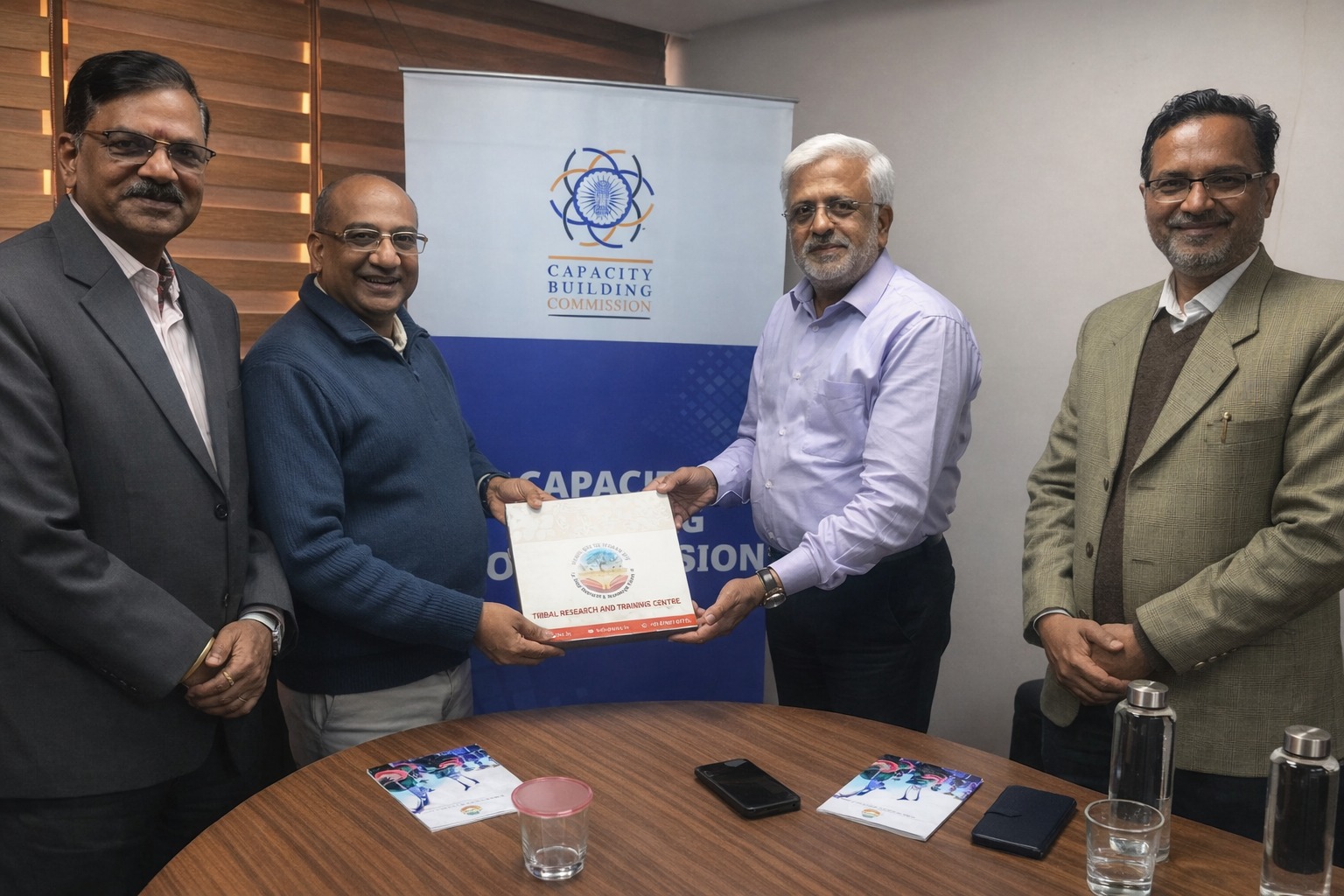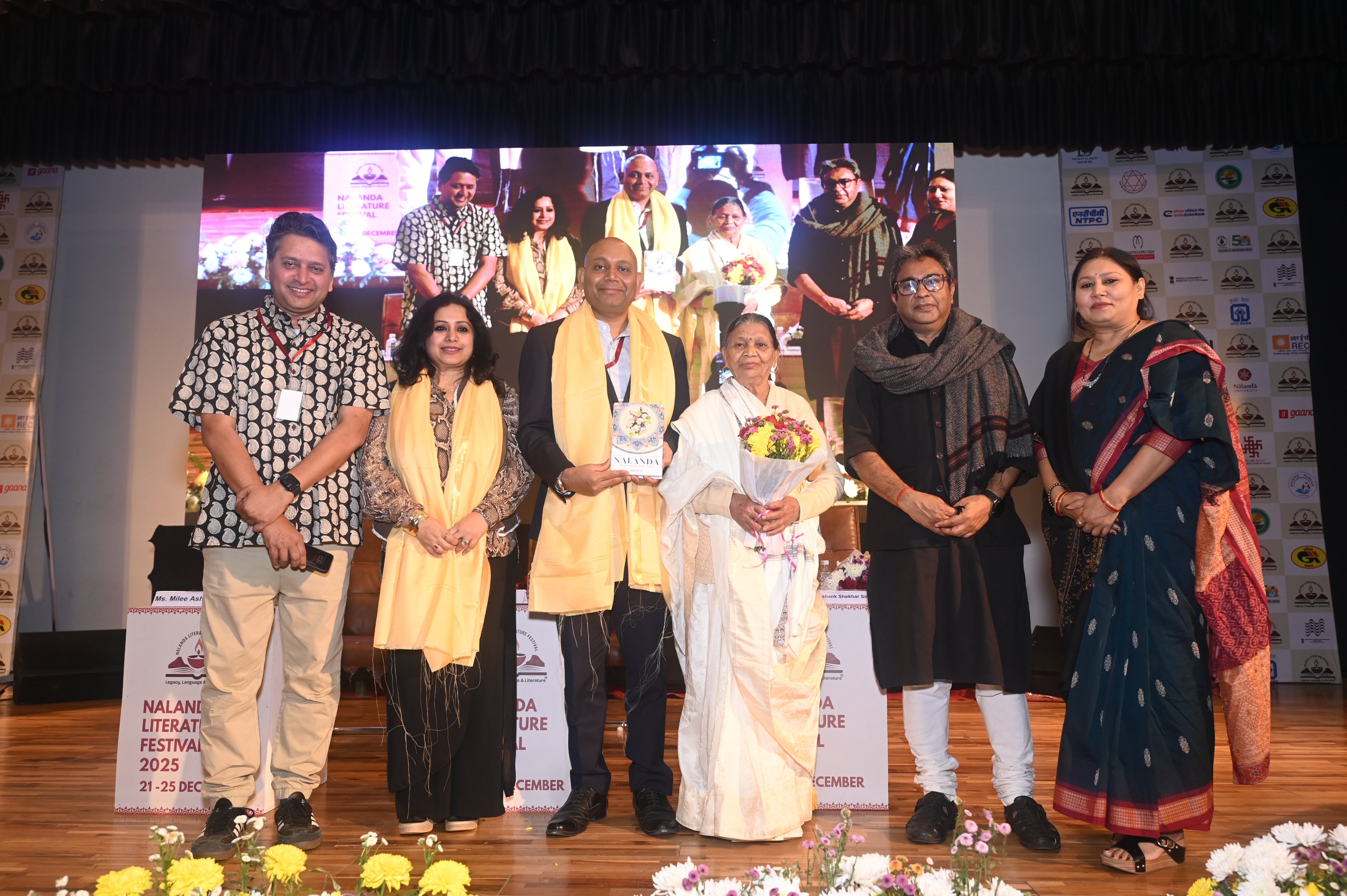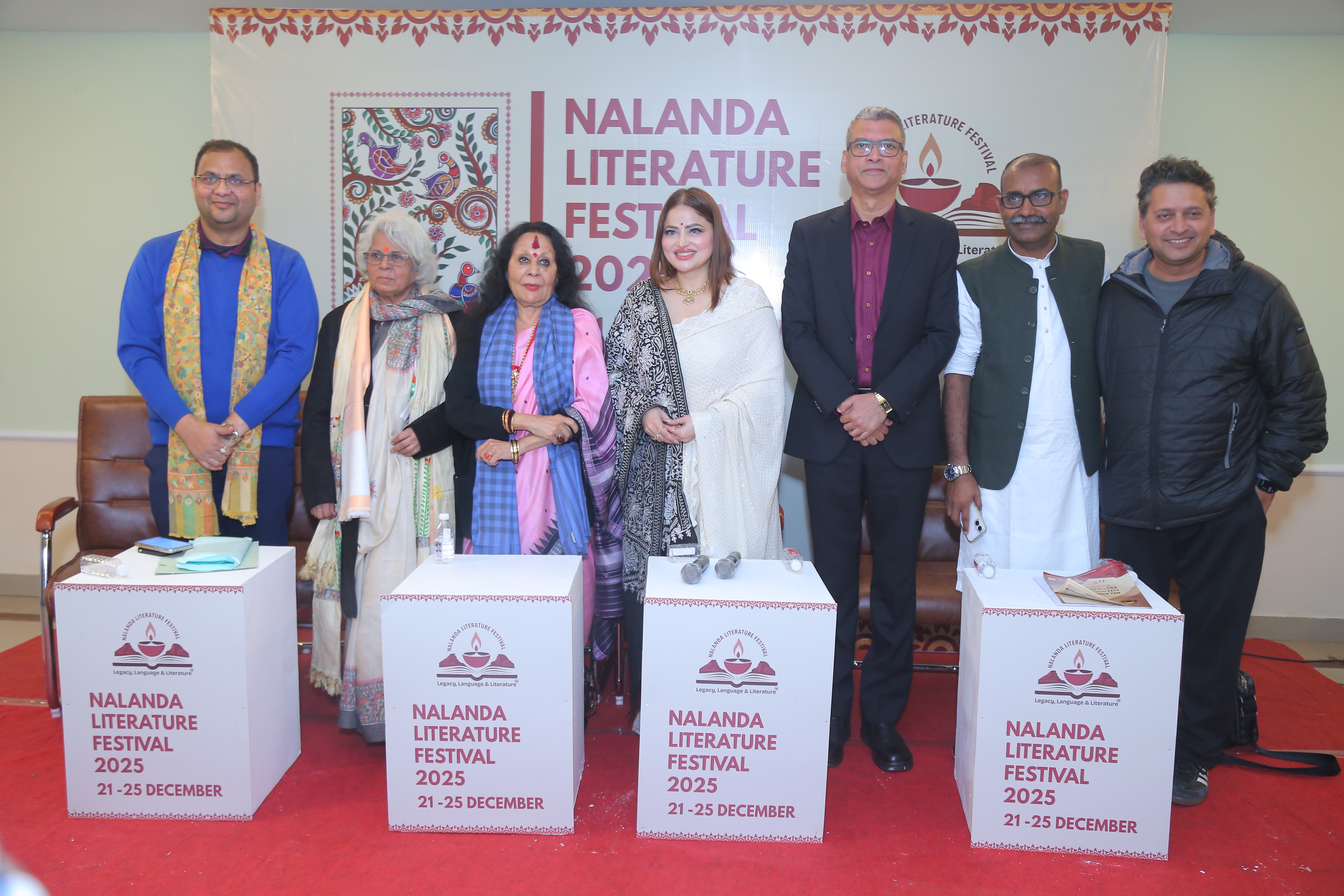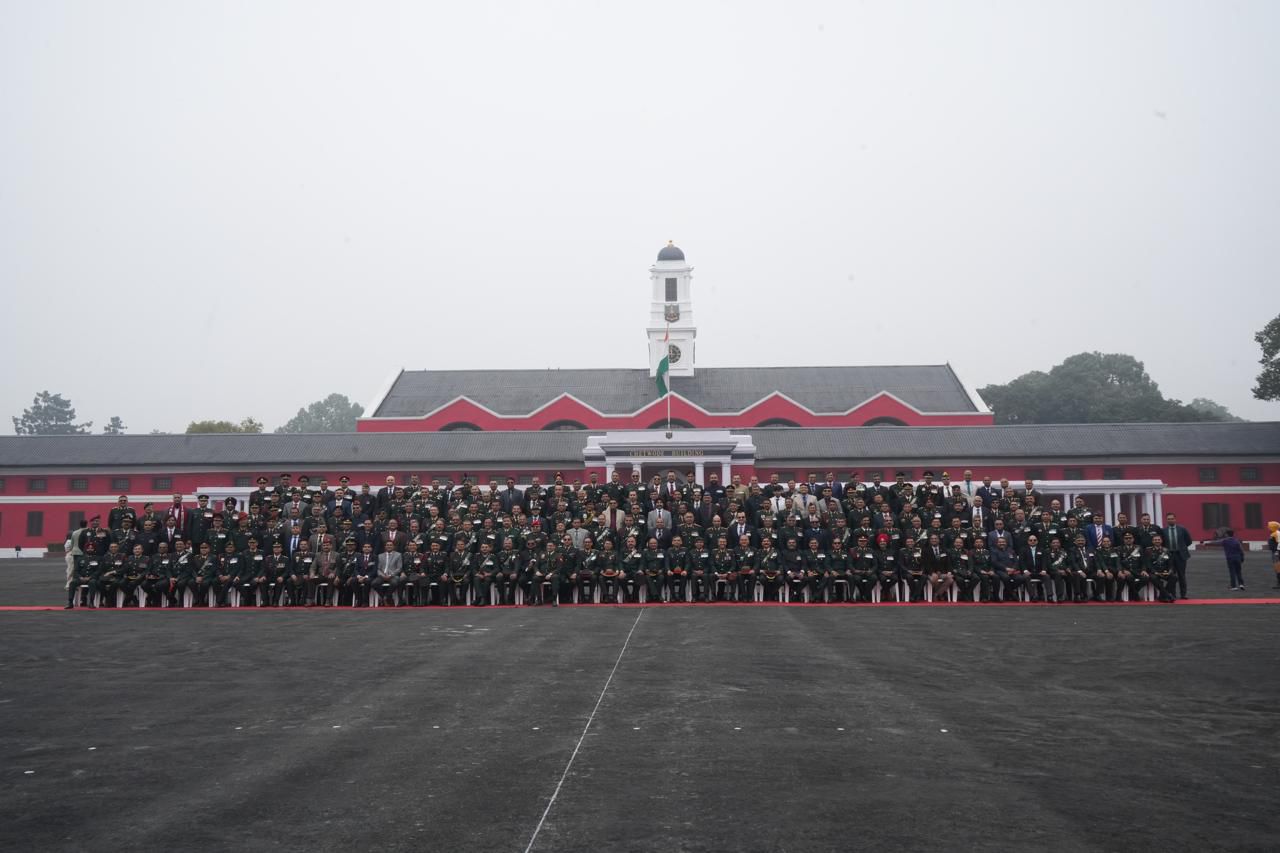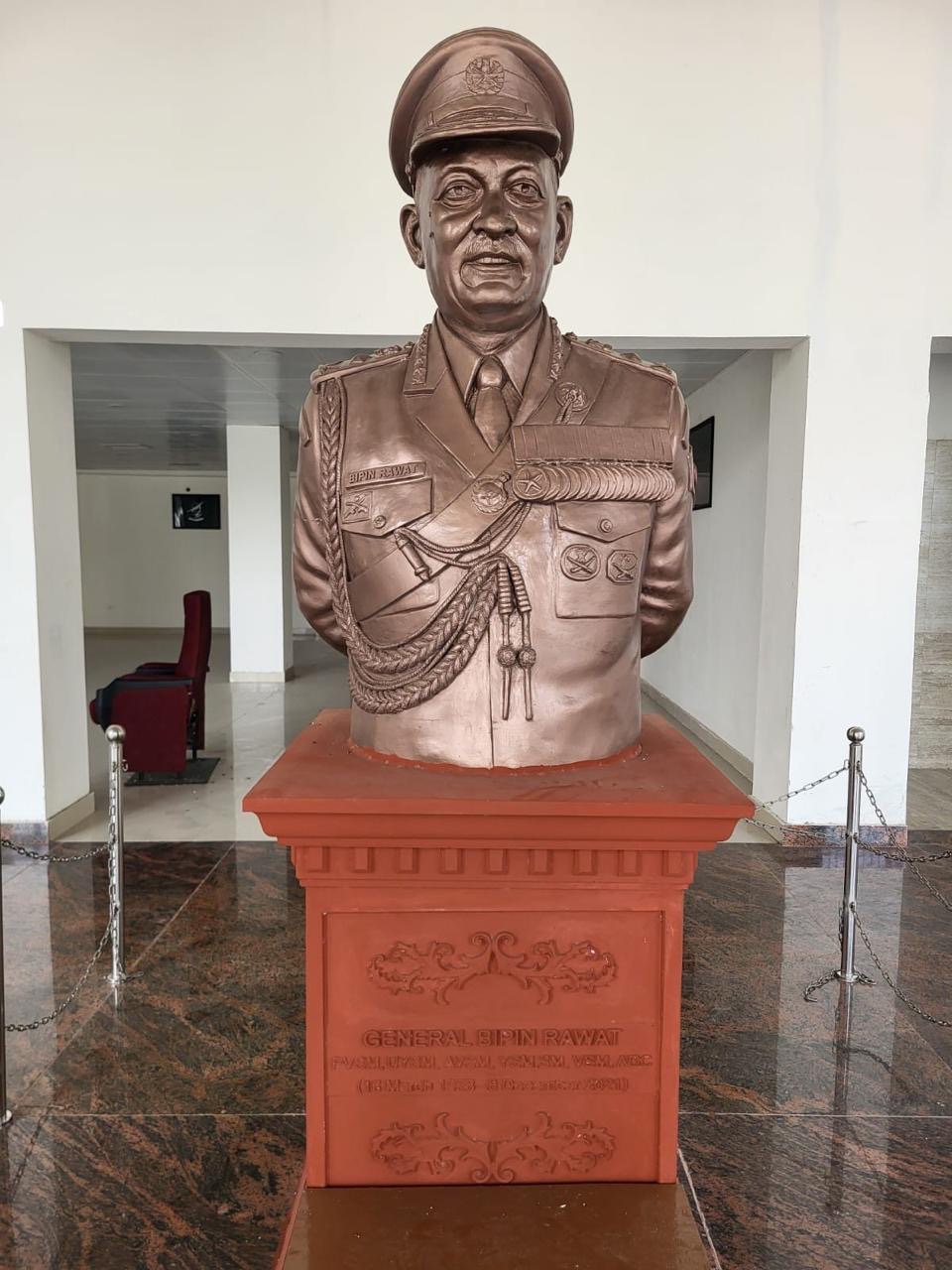
— By Utsav Kumar Singh
Food culture is intrinsically linked to societal progress and plays a vital role in promoting human well-being while contributing to a sustainable society. Traditionally, food culture has been shaped by local resources, including climate, geography, individual income levels and technological advancements. As such, it reflects the shared culture and social history of the community.
In our interconnected world, food consumption is influenced by diverse natural and cultural environments. What we eat depends on how we procure and share food. This inclusive decision-making around food systems is termed “food democracy”. Food grown in specific ecosystems and geographies can be transported beyond local markets, facilitated by the global economy and tourism. Eating habits and social interactions serve as a means to preserve and transform the tastes and culture of that community.
This phenomenon is recognized globally by Unesco’s Intangible Cultural Heritage list. This becomes even more significant when cultural practices promote equality and sustainable living by prioritizing indigenous food systems over modern ones, sharing crops, and maintaining local water bodies. The telling example is Chhath Mahaparv, a festival of the people's faith. Considering the unique features of Chhath Puja, this year the prime minister, Narendra Modi, announced that the Government of India is striving to include Chhath Mahaparyv on Unesco’s Intangible Cultural Heritage list.
Chhath is a four-day-long festival where devotees – men and women – observe a 36-hour-long fast, abstaining from food and water. The festival is dedicated to natural sources of energy – sun god and his sister Chhathi maiya – for the welfare of son, daughter and overall prosperity. Chhath, a unique festival of northern India, embodies a sustainable way of living. It embraces the philosophy of localism by prioritizing local food systems and locally produced goods. Consuming local food is core to rural development, a way to mitigate agricultural crises, and to support rural livelihoods.
Devotees of Chhath procure and share local foods derived from the local ecosystem, which are considered nutritious and sustainable. Indigenous vegetables, such as suthani (sautéed greens) and arabi (yam), are included in offerings, while common, plain, high-carbohydrate exotic fruits and vegetables such as banana, guava, ginger, coconuts, pomelos and water chestnuts are key offerings in Chhath Puja. These are traditional gifts of the region, crucial for the rural economy, as they generate income, create jobs and drive economic growth by enabling the sale of farm products in local and international markets.
The festival’s offerings are prepared using jaggery, a less processed and healthier sweetener than sugar, rich in essential minerals such as iron, magnesium and potassium. To carry offerings, devotees use bamboo baskets (soon and daura), which aligns with the theme of sustainability. These biodegradable and eco-friendly products reduce their carbon footprints. Demand for bamboo baskets surges during Chhath, as new baskets are required each year, creating income opportunities for local small-scale manufacturers.
Families involved in making bamboo baskets – harvesting, processing and weaving – often belong to marginalized communities in rural areas of Bihar, Jharkhand, Uttar Pradesh and West Bengal. This festival revitalizes traditional skills and sustains local economies.
In essence, Chhath Mahaparv represents a holistic approach to sustainability, community well-being and cultural preservation. Its recognition by Unesco would not only honour a significant cultural tradition but also acknowledge the festival's contribution to food democracy, environmental stewardship and inclusive economic development.
As India continues to advocate for its rich cultural heritage on the global stage, Chhath’s inscription on the Unesco list would serve as a powerful testament to the enduring value of indigenous knowledge systems and sustainable living practices.
About the author: Utsav Kumar Singh is a visiting scholar at the International Center for Public Policy, Georgia State University, Atlanta, USA.
Disclaimer: The views expressed in the article are the author’s own and don’t necessarily reflect the views of India Sentinels.

